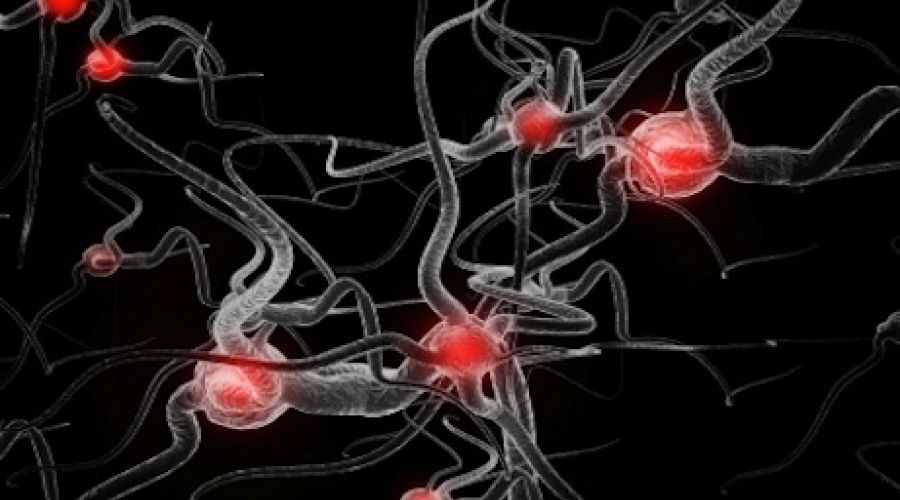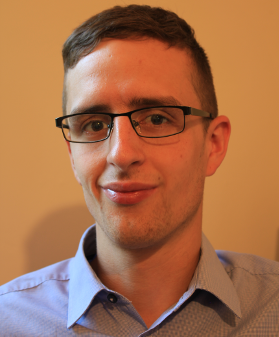
Alex Quent is organising an Open Science Day which aims to enable researchers to make science more open.
As a Early Career Researcher I want to be an example and part of new generation of scientists that foster change, which is why I have adopted a radical approach to science.
Alex Quent
A Gates Cambridge scholar is organising an Open Science Day which aims to change the way science is done.
Alex Quent [2017] has invited researchers from brain sciences and neuroscience to the 20th November event at the MRC Cognition and Brain Sciences Unit. The event will discuss open science practices, enabling researchers to make science more open.
Alex says: "After what a lot of attention has been focused on what is commonly referred to as the replication crisis, I think there is a general consensus within the scientific community that science should be more open, but sometimes this is easier said then done. Therefore, the event will offer a wide range of talks covering the practical side of moving to more open science."
There will be a talk by Varsha Khodiyar, Data Curation Editor for the Nature Research journal Scientific Data, on how to prepare data so that it can be meaningfully shared; another by Johan Carlin from the MRC Cognition and Brain Sciences Unit on standard formats for brain imaging data; another on open neuroimaging by Michael Hanke from Otto-von-Guericke-Universität Magdeburg); a talk on what is special about using large public datasets by Rogier Kievit from the MRC Cognition and Brain Sciences Unit; and another on how a researcher can deal with a high number of requests and questions and practising open science without feeling overwhelmed by Edwin Dalmaijer from the MRC Cognition and Brain Sciences Unit.
Alex adds that the event also aims "to envision a future of open science and to discuss how we can shape our institutions and the change the culture". It will therefore address new conference formats such as the pre-registration poster and will ask what science utopia would look like.
Alex himself will give a talk about open lab/notebooks. He says: "For roughly a year now I have been keeping an open notebook and where I upload most things I do for my work. I will talk about note keeping in general (that it is important for your future self to understand what you did and why you did it), open notebooks in (cognitive) neuroscience/psychology and my experiences so far with having an open notebook."
He adds: "Open notebook science is a more radical version of open science which goes far beyond just sharing publications (open access) and data because one tries to make as many parts and aspects of the research process as possible publicly available. Regular or even daily updates about research ideas and uploading the bits of codes one uses to solve a problem or to analyse data are what open notebook science is about. On one hand the dissemination of scientific knowledge is accelerated, but it also allows other researchers to understand the development and evolution of a project much better. This is especially true because typically only a fraction of what you do for a project ends up in a paper. On the other hand, it also helps other researchers to find solutions to similar problems they might face. For me, open science is about reproducibility and open access but also about inclusivity, cooperation and mutual support. As a Early Career Researcher I want to be an example and part of new generation of scientists that foster change, which is why I adopted this radical approach to science."
For the full programme click here.
*Picture credit: www.freedigitalphotos.com and renjith krishnan

Alexander Quent
- Alumni
- Germany
- 2017 PhD Biological Science at the MRC Cognition and Brain Sciences Unit
- Clare Hall
Functioning memory is one of the most crucial cognitive competences that shape who we as human beings are. This sparks my general interest in (long term) memory. Specifically, I am keen to know what aspects of a situation as well as of the past and future determine what we will remember later. I also want to understand what the mechanism(s) is/are behind this. This knowledge could help to develop interventions for those with problems in that domain. I completed my Bachelor’s and Master’s studies at the Ruhr-University Bochum, Germany, with a semester abroad at the University of Nebraska – Omaha, USA, and a research visit at the University of California – Davis, USA, where I started my Master’s project on the tag-and-capture theory as the mechanism behind the memory enhancing effect of post-learning stress and reward anticipation. During my PhD at Cambridge University, UK, at the MRC CBU I plan to study the effect of schema-inconsistency (e.g. evoked by objects at unexpected locations) on memory performance and how this modulatory effect might change in the course of ageing. I am interested to know what forms of memory (e.g. associative or single item memory) are modulated by schema-inconsistency and how brain regions in the medial temporal lobe and medial prefrontal cortex interact in this context.
Previous Education
Ruhr-University Bochum












